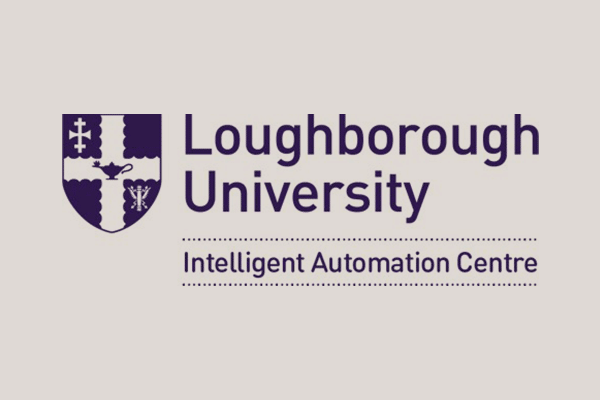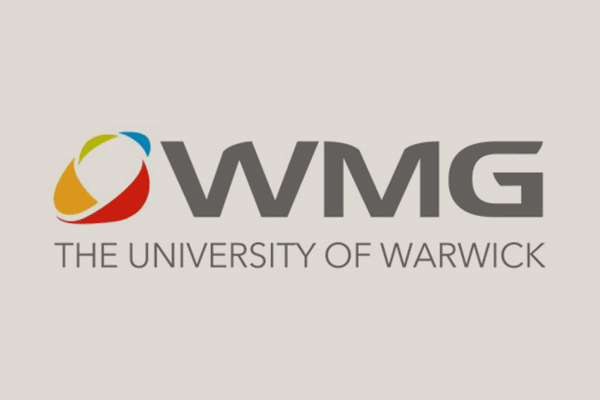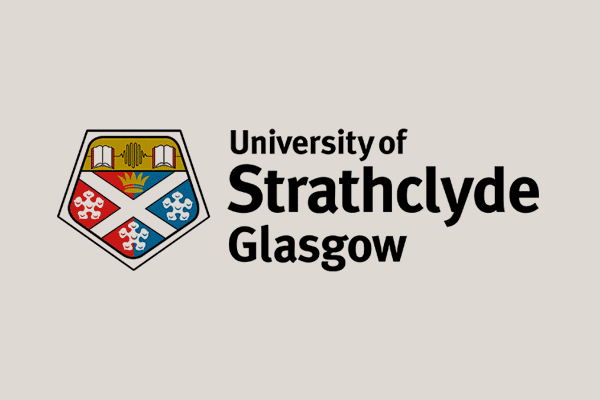Invitation to Participate in Sprint Projects to demonstrate feasibility of Human-Robot Collaboration for Industrial Applications
1. Introduction
The Made Smarter Research Centre for Smart, Collaborative Industrial Robotics, (Smart Cobotics Centre) was established in October 2021 to deliver multidisciplinary research in Digital Manufacturing. The total funding for the Centre is £4.8 million for a research programme lasting until 29 March 2025. As members who kindly provided letters of support for the centre, we are now inviting you to have more of a say in highlighting the key challenges and emerging opportunities for smart collaborative robotics technologies.
One of the key aims is to establish several sprint projects in response to emerging industrial needs. These projects are expected to be co-designed with industry to demonstrate the potential improvement in productivity, quality, and/or responsiveness that can be achieved through robotics and automation. Each project is intended to run for approximately 3-6 months.
As members of the Smart Cobotics Centre, industry partners are invited to both suggest project topics and participate in these sprint projects, alongside the collaborating universities. We want to identify real world challenges which are ideally common across multiple industry sectors, and which can be solved by robotics solutions. The aim is that by running these industry/academic collaboration project, the risks for individual company investments is reduced as solutions can be trialled in a safe environment which replicates the industry setting, but is not actually impacting on production.
The generic results (not any company specific details or business critical information) will be shared with the wider community through public engagement organisations to stimulate innovation and confront critical socio-economic challenges.
A typical study will comprise at least 2 post-doctoral researchers and associated equipment to a cost totalling approximately £100k. Projects will only go ahead if they are supported by at least 2 companies committing resources of their own, which could be staff time, direct financial contribution, equipment, or test bed facilities etc, to a value of at least £50k. This is the condition of the EPSRC as the grant awarding body. Ideally the industrial support should include at least a technology provider/integrator and two end users, together with a Research and Technology Organisation (RTO).
2. Feasibility/Sprint Project Proposal and Selection Process
We would like to select up to 5 projects with a Centre contribution in the order of £500k for Phase 1 which are relevant to as many members as possible. Within the scope of the current funding, there is likely to be at least a second phase of sprint projects to follow.
To propose or participate in a sprint project, partners will be required to have signed the membership agreement which has already been sent out to you.
We would like to invite you to think about and discuss within your own organisations, challenges you are currently facing which you think are potentially challenges faced by other companies and which could be addressed by one of these projects. If you have any suggestions to be put in the project pool, please feel free to forward them to us.
A few weeks prior to the event, we will be sending out a list of potential project themes for you to rank in terms of importance to your company, together with the opportunity to propose your own project topics. These will be considered by the Strategic Advisory Board and a shortlist compiled for discussion at our workshop. The workshop itself will be led by a professional consultant and thus we will be back in touch with the format in preparation for the workshop.
Following the workshop, proposals will be evaluated and selected by the Strategic Advisory Board, based on a set of criteria consistent with the conditions of the public funding:
- Addresses barriers to Industrial Digital Technologies (IDT) adoption and is of interest and value to the broader community, external to the members of this project.
- Alignment with one or more of the research priority area(s) for the grant, namely:
- Collaboration between humans and automation.
- Autonomy – extending sensory and autonomous capabilities to effectively deal with variations and change.
- Responsiveness – reducing the effort to design, verify and validate autonomous systems.
- Acceptance – exploring the societal, cultural, and economic impact of automation to inform future policy, regulations and education requirements.
- Has the support, commitment, and involvement of at least two industrial member organisations, which combined, amount to at least £50k in in-kind or direct contribution to the project. An ideal combination of participants would be a technology provider or integrator, together with a user and an RTO alongside the relevant academic team.
- High impact potential – has the potential to add considerable value in productivity improvement, efficiency, sustainability improvement etc. in one or more industry sectors.
- Risk/Adventure – sufficiently adventurous to warrant being a sprint project and one which will, therefore, mitigate future risks of investment and implementation.
- Strong support from both other industrial members and academic partners (based on level of in-kind and direct support commitments from partners).
- Resources available from both academic and industrial sources to carry out the project successfully.
- Productivity improvement – benchmark productivity gains from demonstrated collaborative system compared to industrial state-of-the-art. e.g. at feasibility project partner organisation. This needs to be demonstrated at the end-of-project evaluation.
3. Benefits
The benefits to all participants from contributing to feasibility projects include:
- Access to latest scientific knowledge and expertise from partner organisations. (Up to 10 person months of expert time).
- Access to state-of-the-art lab, equipment, and demonstration facilities for collaborative robotic systems.
- Building critical mass to solve barriers for automation.
- Explore productivity, quality, and flexibility gains from the use of collaborative robotics.
4. Support for Feasibility Project
The Smart Cobotics Centre will provide support to ensure successful design, selection, implementation and deliveries of high impact feasibility project. For further information, please feel free to contact the Feasibility Project Champion Professor Xiu Yan, Coordinator of Coordinator Robotics and Autonomous Systems Group, James Weir Building, 75 Montrose Street, Glasgow G1 1XJ, UK at x.yan@strath.ac.uk; the Centre Director: Professor Niels Lohse at n.lohse@lboro.ac.uk, or Partnership Development Manager, Carole Smith at c.e.smith@lboro.ac.uk. Academic Institutions Supporting Feasibility Projects
5. Academic Institutions Supporting Feasibility Projects





